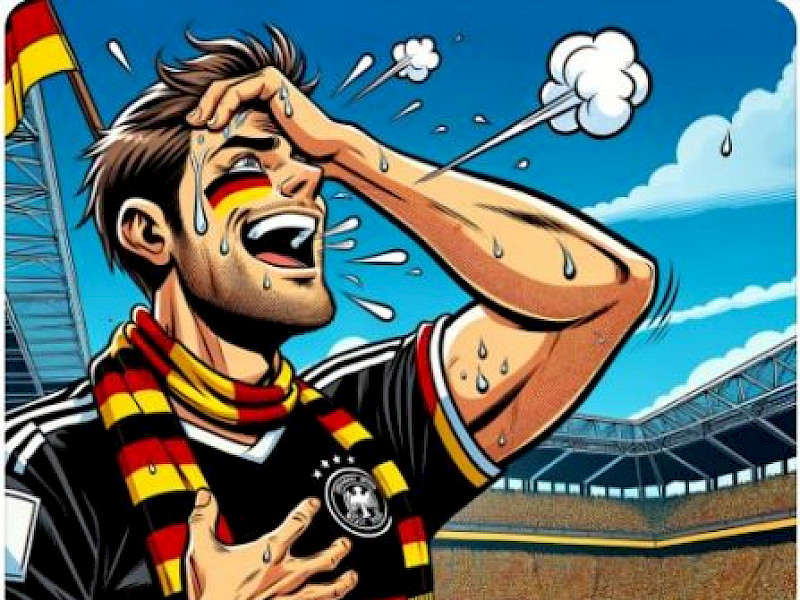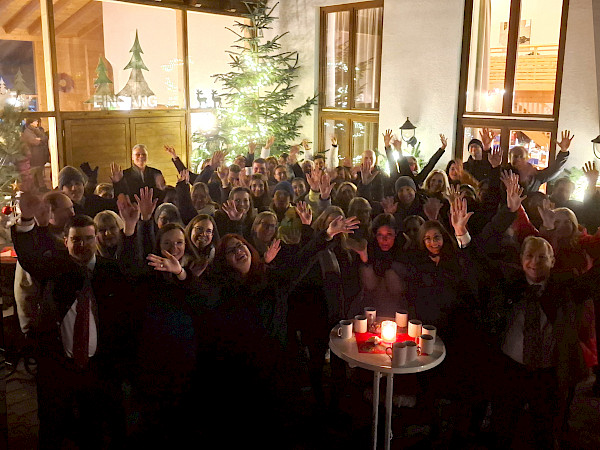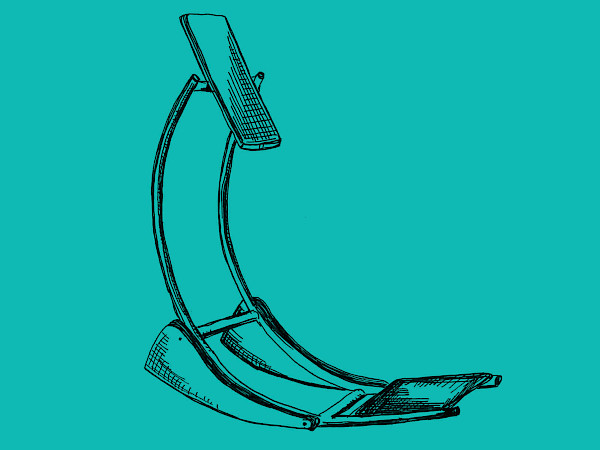Football fans worldwide can breathe a sigh of relief
06.06.2024

The Unified Patent Court has rejected an application for a preliminary injunction against UEFA.
Background of the case:
UEFA and its technology partner, Kinexon, faced a legal challenge just before the start of EURO 2024. The challenge came from Ballinno, a Dutch non-practicing entity (NPE), which sought a preliminary injunction (PI) against the use of a patented technology for detecting offside situations in football. Ballinno claimed that UEFA's method, facilitated by Kinexon's technology, infringed on its European patent 1 944 067.
The patent in question relates to a "method and system for detecting an offside situation" using real-time acoustic signals. Ballinno filed both an infringement complaint and a PI application on April 18, 2024. The urgency of the request was highlighted by the proximity of the EURO 2024, which is set to begin on June 14, 2024, in Germany—one of the states where the patent remains valid despite lapsing in other UPC states.
Ballinno, having acquired the patent from Invit BV just in February 2024, sought to enforce its rights through the Unified Patent Court (UPC). Notably, its status as a company that holds just one patent but does not manufacture products or supply services protected by this patent, played a crucial role in the court's considerations.
Moreover, Ballinno's financial status was questioned, leading the Hamburg Local Division to demand a €56,000 security payment from Ballinno to cover potential costs if it lost the case. Ballinno has now the option to appeal the decision.
The decision of the Hamburg Local Division:
Remarkably, the UPC's Hamburg Local Division handed down its decision to reject the PI request within just 1,5 months. The judges were neither convinced that the patent was infringed nor that Ballinno had acted with due urgency. Furthermore, the fact that Ballinno is a prototype of an NPE factored into the court's balancing of interests, leading to the denial of the PI.
This decision can be taken as another proof that the UPC seems to have a tendency to reject PI applications. According to the statistics so far, 71% of the UPC's first instance PI decisions have been rejections.
Despite the challenges for patent holders, the UPC again proofed to be notably quick in delivering its decisions. The Hamburg Local Division's ruling in this case came faster than any previous PI ruling. Generally, the UPC has issued PI decisions within three to five months of filing, showcasing its efficiency in handling such requests.
The broader patent community, but in particular NPEs, will closely watch how the UPC's approach to PIs evolves. Although the Munich Local Division has previously stated that being an NPE may not automatically prevent obtaining a PI, the balancing of competing interests in these preliminary proceedings is decisive and may be more of a problem for NPEs than for traditional companies.
What lesson is learned here?
The rejection of Ballinno's PI request against UEFA and Kinexon underscores the challenges faced by NPEs in the UPC system. While the court is efficient, its cautious approach to granting PIs, particularly against the backdrop of high-profile events like EURO 2024, highlights the stringent standards patent owners must meet to be successful in preliminary proceedings before the UPC.
Disclaimer: The above contribution reflects the personal opinion of the author. The assessments and statements made in the article do not constitute legal advice and are provided under exclusion of any liability. If you need an assessment of an individual case, please contact the author and/or the law firm KUHNEN & WACKER.





